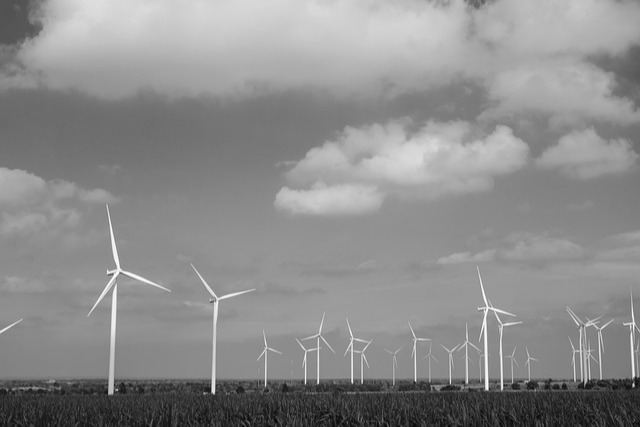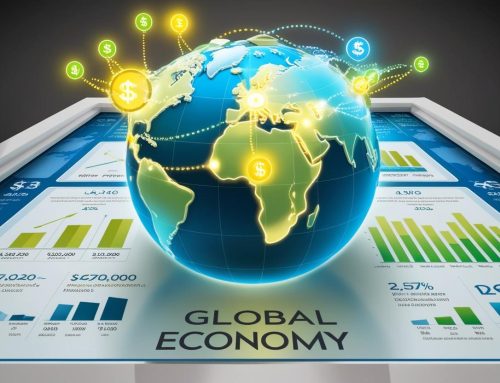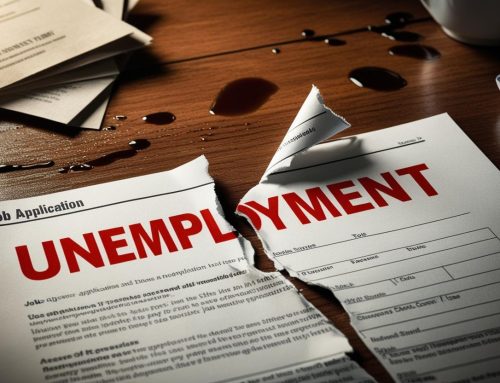February 27, 2023
CARBON CLEAN 200™:
INVESTING IN A CLEAN ENERGY FUTURE
Just a few years ago, much of the business community viewed climate advocates with indifference or skepticism. Today, companies representing 40% of the global stock market have committed to science-based targets around reducing their greenhouse gas emissions in line with the Paris Agreement. In many cases, these businesses are already making billions of dollars supplying climate solutions to the market. Even corporations that are less directly implicated in the economic upside of climate action recognize the imperative for a low-carbon economy because no business can profit in an environment of climate chaos.
Yet, despite this reality being clear as day, we are plodding along on climate action. Worse, a handful of laggard companies and their pliant industry associations continue to advocate against climate action and for business as usual. The first thing we need to do is cut the poison that is at the heart of our climate breakdown.
That means finally cutting out the annual US$6 trillion in subsidies to fossil fuel companies that accounts for two-thirds of global greenhouse gas emissions.
It also means cutting off financing for new fossil fuel projects, which HSBC (one of the largest banks in the world) and Lloyds (the largest domestic bank in the U.K.) have done for new oil and gas fields – with some caveats.
And it means stopping all finance for activities that are killing our forests. Deforestation accounts for 11% of global greenhouse gas emissions, more than comes out of the tailpipes of all 1.4 billion cars on the world’s roads. If we went a step further than putting a stop to ripping out our forests and mangroves and started to restore them, we could get almost 40% of the way to our Paris Agreement goals by 2030.
But as former Bank of England (and Canada) governor Mark Carney has made clear, “the biggest threat to achieving 1.5 degrees is the speed at which we invest, not divest. We need at least $4 in clean energy investment for every $1 maintaining fossil fuels until we can phase them out by the end of this decade.”
The good news is that over the past decade, the flow of money into clean energy and efficiency infrastructure has tripled to about US$1 trillion annually. According to research from Bloomberg, global investments in clean energy transition reached US$1.1 trillion in 2022. This amount was roughly equal to the amount invested in fossil fuel production in the same year.
The Clean200 lists the 200 major corporate players from 35 countries around the world that are at the forefront of this transition. These are the companies that are leading the way by putting sustainability at the heart of their products, services, business models and investments, helping to move the world onto a more sustainable trajectory.
This year’s Clean200 companies rose to the top of a pool of 6,720 global firms based on rigorous assessment of the amount of revenue each company earns from products and services aligned with the Corporate Knights Sustainable Economy Taxonomy, while also ensuring that their businesses are not fundamentally offside important criteria for socially responsible investors, including being a company flagged by As You Sow’s Invest Your Values platform, which identifies fossil fuels, weapons, private prisons, thermal coal or having a record of systemically obstructing climate policy.
Key Findings:
Geographically, the Americas and Europe account for 38.5% and 31.5% respectively of this year’s Clean200, while the remaining 60 companies are headquartered in the Asia Pacific region. The United States dominated the 2023 list, with 42 companies on the Clean200, while China had the second-largest share with 21, followed by Japan, which is headquarters to 16 Clean200 companies.
On average, 58.3% of revenues earned by Clean200 companies are classified as sustainable, representing close to $2.4 trillion in revenue, roughly unchanged from last year and significantly above the 5% average sustainable revenue for their MSCI ACWI peers.
Of note, it was found that on average, 44.4% of the capital expenditure, acquisitions, and research and development expenses among the Clean200 companies were defined as sustainable by the Corporate Knights Sustainable Economy Taxonomy, compared to only 7% among MSCI ACWI constituents.
Of the 2023 Clean200 companies, the Information Technology sector accounted for nearly a quarter of the total sustainable revenue at $586 billion, followed by the Communications Services sector ($542 billion) and the Industrials sector ($400 billion). On Sustainable Investments, the Utilities and Industrials sector led with $50 billion each, followed by the Communications Services sector at $24 billion in Sustainable Investments.
U.S. companies had, on average, the highest Sustainable Revenue at $23 billion. This is followed by Germany with $18 billion and South Korea at $17 billion.
But none of this would have legs if the Clean200 weren’t also faring well financially. On this score, as of January 31, 2023, the Clean200 outperformed its MSCI ACWI peers by 3.36% since the Clean200 was launched in July of 2016. Clean200 companies generated a total return of 91.21%, beating the MSCI ACWI broad market index (87.84%) and MSCI ACWI/Energy Index of fossil fuel companies (61.31%) on Total Return Gross — USD Basis from the Clean200 inception of July 1, 2016, to January 31, 2023.
To put that in context: US$10,000 invested in the Clean200 on July 1, 2016, would have grown to $19,121 by January 31, 2023, versus $18,784 for the MSCI ACWI broad market benchmark and $16,131 for the MSCI ACWI/Energy benchmark for fossil fuel companies.
Looking Ahead:
This decade we need to move faster, quadrupling current levels of investment to the US$4 trillion annually (4% of global GDP) that is required, according to the International Energy Agency.
Finance ministers hold the keys to unlocking climate action. Fortunately, a new group, called the Coalition of Finance Ministers for Climate Action, from more than 80 countries, is looking to shift the view of climate action from a cost to a unique growth and investment opportunity. These finance ministers recognize that the current energy crisis and growing incidence of climate hazards are an opportunity for more, not less, action. And a rapid switch to renewable energy presents an opportunity for countries to deliver clean, cheap, secure energy and new employment at the same time.
Finance ministers globally manage huge annual budgets that collectively add up to around 30% of gross domestic product. Mobilizing 4% of global GDP for climate action is not going to happen without backing from heads of state, most critically those from the G20 countries. It is a tall task but one with precedent. It wasn’t that long ago that governments mobilized trillions of dollars to keep businesses and workers afloat during the early days of the COVID-19 pandemic.
Corporate Knights and As You Sow are pleased to present the latest edition of the Clean200 to help investors identify the companies that are leading the charge on providing climate solutions while outperforming both the broad-based benchmark and its high-carbon global counterparts.
Source: As You Sow – Clean List 200
Legal Notice: The information in this article is intended for information purposes only. It is not intended for professional information purposes specific to a person or an institution. Every institution has different requirements because of its own circumstances even though they bear a resemblance to each other. Consequently, it is your interest to consult on an expert before taking a decision based on information stated in this article and putting into practice. Neither Karen Audit nor related person or institutions are not responsible for any damages or losses that might occur in consequence of the use of the information in this article by private or formal, real or legal person and institutions.






